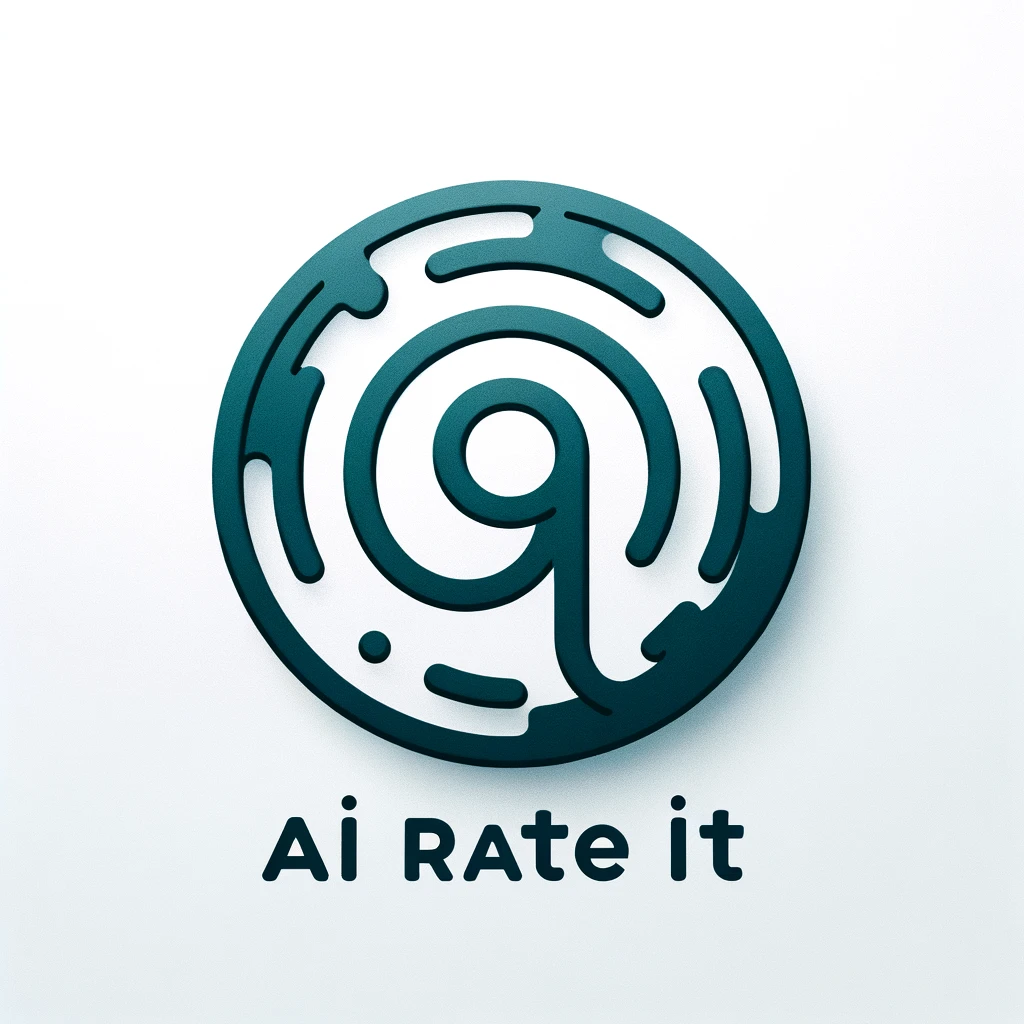So, you’re thinking about becoming a machine learning engineer, huh? Well, you’re in luck, because the AI explosion has made those jobs hotter than ever. But here’s the burning question: Do you really need a Ph.D. to get one of these coveted roles? Some say yes, others say no, and the debate is heating up. Companies are vying to hire the best talent, and while many job postings ask for a Ph.D., some techies are pushing back, claiming that it’s not necessary. Who’s right? Well, let’s dive into the discussion and see if you really need a doctorate to break into this exciting field. Spoiler alert: the answer might surprise you!
The demand for machine learning engineers
With the rapid advancement of artificial intelligence (AI) technology, the demand for machine learning engineers has skyrocketed. Companies all over the world are vying to hire the best talent in the field, as they recognize the importance of machine learning in driving innovation and staying competitive in today’s market. The AI sector is booming, and it’s driving the demand for machine learning engineers to new heights.
One of the major reasons for this increased demand is the potential for significant financial gains. Salaries for machine learning engineers can reach impressive six-figure numbers, making it an attractive career path for many aspiring technologists. With the increasing reliance on AI technology in various industries such as finance, healthcare, and marketing, companies are willing to invest heavily in hiring skilled machine learning engineers to develop cutting-edge solutions.
Qualifications for machine learning engineers
The qualifications required to become a machine learning engineer have long been a topic of debate within the tech community. While some argue that a Ph.D. in computer science or a related field is essential for success in the field, others believe that practical experience and industry-specific knowledge are more valuable assets.
Those in favor of a Ph.D. argue that it provides a solid foundation in machine learning theory and enables engineers to approach complex problems with a deep understanding of the underlying principles. They believe that the research-oriented nature of a Ph.D. program equips engineers with innovative approaches and a broader perspective on machine learning.
On the other hand, proponents of the practical experience route contend that a Ph.D. is not necessary for effective machine learning engineering. They argue that many of the skills required for the job, such as data cleaning, DevOps, and backend development, are often not covered in traditional academic programs. They believe that hands-on experience and industry-specific knowledge are more valuable in tackling real-world machine learning challenges.
Alternative ways to learn machine learning
For those aspiring to become machine learning engineers, there are several alternative paths to acquiring the necessary skills and knowledge. These pathways include paid educational programs and bootcamps, free online courses and tutorials, as well as self-learning and experimentation.
Paid educational programs and bootcamps provide structured learning environments and comprehensive curricula designed to teach the fundamentals of machine learning. Many universities and coding schools offer machine learning programs that cover topics such as algorithms, statistical modeling, and deep learning. While these programs often come with a price tag, they can provide a fast and structured way to learn the necessary skills.
On the other hand, free online courses and tutorials offer a more flexible and accessible approach to learning machine learning. Platforms such as Coursera, edX, and Udacity provide a wide range of free machine learning courses developed by top universities and industry experts. Additionally, YouTube tutorials and video lectures can be a valuable resource for learning the practical aspects of machine learning.
For those who prefer a more independent and self-paced learning approach, self-learning and experimentation can be an effective way to acquire machine learning skills. Building personal projects, joining open-source communities and forums, and gaining hands-on experience through internships or part-time jobs can provide valuable practical knowledge and networking opportunities.
Paid educational programs and bootcamps
Many reputable universities and coding schools offer machine learning programs for those who are willing to invest in their education. These programs provide a structured curriculum that covers the foundations of machine learning, including algorithms, statistical modeling, and deep learning. They often offer a hands-on learning experience through projects and assignments to ensure practical application of the concepts learned.
Online bootcamps and coding schools have also emerged as popular options for learning machine learning. These programs provide an immersive learning experience, typically lasting a few months, and focus on providing practical skills and industry-specific knowledge. They often have career support and job placement services, which can be beneficial for those looking to transition into a machine learning engineering role.
While paid educational programs offer a more structured and comprehensive approach, they do come with some drawbacks. The cost can be a significant factor for many aspiring machine learning engineers, as these programs often require a substantial financial investment. Additionally, the time commitment required for these programs may not be feasible for individuals who are looking to break into the field quickly.
Free online courses and tutorials
Free online courses and tutorials offer an accessible and flexible way to learn machine learning. Platforms like Coursera, edX, and Udacity offer a wide range of machine learning courses developed by top universities and industry experts. These courses cover topics such as machine learning algorithms, data preprocessing, and model evaluation.
YouTube tutorials and video lectures also provide a valuable resource for learning machine learning concepts and techniques. Many experts in the field share their knowledge and experience through video content, making it easier for beginners to grasp complex concepts. These tutorials often include practical examples and walkthroughs, which can be incredibly beneficial for hands-on learners.
While free online courses and tutorials provide a cost-effective way to learn machine learning, they do come with some limitations. The quality and depth of the content can vary, and it may be challenging to find comprehensive courses that cover all the necessary topics. Additionally, online learning requires a significant amount of self-discipline and motivation, as there are no set deadlines or structured learning environments.
Self-learning and experimentation
Self-learning and experimentation can be a valuable way to acquire machine learning skills and knowledge. Building personal projects and practical applications allows individuals to gain hands-on experience and develop a portfolio of work to showcase their abilities. This approach enables aspiring machine learning engineers to apply the concepts learned in a real-world context and solve practical problems.
Joining open-source communities and forums can also provide opportunities for learning and collaboration. Engaging with like-minded individuals who share a passion for machine learning allows for the exchange of ideas, knowledge sharing, and networking. Contributing to open-source projects can help build credibility and demonstrate expertise in the field.
Gaining hands-on experience through internships or part-time jobs can be another effective way to learn machine learning. Working on real projects under the guidance of experienced professionals can provide valuable insights into the industry and help develop practical skills. These opportunities also offer the chance to network with industry professionals and potentially secure full-time employment.

Importance of practical skills and experience
In the field of machine learning engineering, practical skills and experience are highly valued by tech companies. While a Ph.D. may demonstrate a deep understanding of machine learning theory, it is often not the primary determining factor for hiring decisions. Tech companies prioritize skills and experiences over degrees when evaluating candidates for machine learning engineering roles.
Demonstrating knowledge and expertise in AI, including proficiency in machine learning algorithms, programming languages, and tools, is crucial for landing a machine learning engineering job. Tech companies are looking for individuals who can hit the ground running and contribute immediately to their projects. They value candidates who can apply their skills to solve real-world problems and deliver tangible results.
Emphasizing career milestones and the impact of past projects can be advantageous when applying for machine learning engineering positions. Highlighting specific achievements, such as successful implementations, improvements in performance, or contributions to open-source projects, can demonstrate the practical application of skills and showcase the ability to deliver tangible results.
Pros and cons of pursuing a Ph.D.
While a Ph.D. in machine learning can provide a solid foundation in the field, it comes with both advantages and disadvantages. A Ph.D. program offers an opportunity to delve deep into machine learning theory and conduct groundbreaking research. It equips individuals with the knowledge and skills needed to tackle complex problems and develop innovative solutions.
However, pursuing a Ph.D. can be a lengthy and intensive process. It requires a significant time commitment, typically spanning several years, during which individuals may be focused solely on research and academia. This can limit exposure to industry practices and the latest developments in the field, which are crucial for machine learning engineering.
Additionally, a Ph.D. program may not provide the practical skills and industry-specific knowledge required for machine learning engineering positions. Many of the skills needed, such as data cleaning, software engineering, and model deployment, are often not covered extensively in academic programs. Individuals with Ph.D.s may need to supplement their education with additional training and experiences to excel in the field.
Choosing between pursuing a Ph.D. and diving straight into industry positions is a personal decision that depends on individual career goals and aspirations. Those with a passion for research and a desire to contribute to the academic field may find a Ph.D. program rewarding. On the other hand, individuals who are eager to apply their skills in practical settings and contribute to real-world projects may prefer gaining industry experience.
Startup opportunities for aspiring ML engineers
Startups can provide excellent opportunities for aspiring machine learning engineers, especially those without a Ph.D. Startups often prioritize practical skills, industry-specific knowledge, and hands-on experience over advanced degrees. They are more open to hiring individuals based on their abilities and potential, rather than their educational background.
Working at a startup offers the chance to gain valuable experience and contribute directly to projects from the early stages. Startups usually have more dynamic and collaborative environments, allowing individuals to wear multiple hats and learn various aspects of the business. This exposure to different roles and responsibilities can help aspiring machine learning engineers develop a broader skill set and adaptability.
Transitioning from a startup to a larger company can be a strategic career move for machine learning engineers. A successful track record and practical experience gained at a startup can make candidates attractive to larger companies looking for individuals with a proven ability to handle real-world challenges. Networking within the industry and building a strong portfolio of projects can be instrumental in landing such opportunities.
Conclusion
Contrary to popular belief, a Ph.D. is not always necessary to become a successful machine learning engineer. The demand for machine learning engineers is booming, and there are various paths to acquiring the necessary skills and knowledge. Whether through paid educational programs, free online courses, or self-learning and experimentation, individuals can learn the essential concepts and techniques of machine learning.
Tech companies prioritize skills and experiences over degrees when hiring machine learning engineers. Demonstrating knowledge and expertise in AI, emphasizing career milestones, and showcasing the impact of past projects are key to landing a machine learning engineering role. Aspiring engineers should consider their personal goals and career aspirations when deciding on their educational path.
Startups can provide valuable opportunities for aspiring machine learning engineers, allowing them to gain practical experience and contribute directly to projects. The emphasis on skills and industry-specific knowledge makes startups more open to hiring individuals without advanced degrees. Transitioning from a startup to a larger company can be a strategic career move, leveraging the experience gained at a startup to secure opportunities at bigger organizations.
In conclusion, a Ph.D. is not always necessary to become a machine learning engineer. Alternative learning paths and practical experience can be just as valuable, if not more so, in today’s rapidly evolving field of AI. It is important for individuals to consider their personal goals, career aspirations, and the available learning options to chart their path to success in machine learning engineering.




